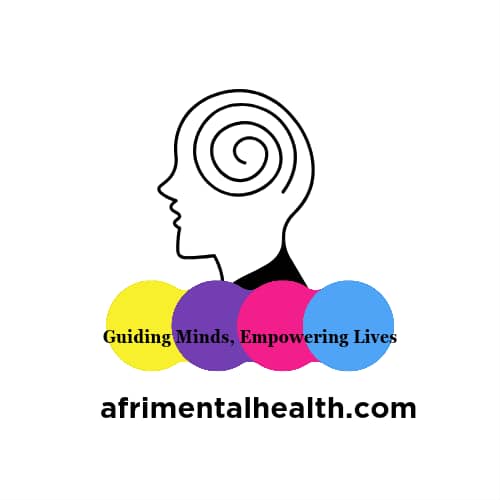Low Government investment.
According to WHO (2022), on average African governments allocate less than 50 US cents per capita to mental health, well below the recommended $2 per capita for low-income countries. Most of African governments devote less than 1% of their budgets to mental health services. Mental health care is not prioritized by a lot of African Governments which makes it hard for the practitioner to help mental health patients. For example, Zimbabwe only has six government psychiatry units which clearly cannot cater for its population. A lot of patients that are supposed to be institutionalized end up going to community care. This is risky as some patients are a danger to themselves and to society. The hospitals also lack proper medication. People have to buy their medication for themselves which have made some people skip their medication.
Stigma
Mental illness is attached to a lot of stigmas in Africa. The stigma associated with mental illness is likely to limit people to access mental health care. Alot of African societies believe that people suffering from mental illness are cursed. This makes a lot of people to boycott mental health care. The labels attached to being mentally ill in Africans are not nice terms. Most African terms for mental patients translate to crazy, mad or insane. No one wants such labels hence they keep a distance from accessing mental health care.
Brain drain.
Due to the economic problems faced in many African countries, a lot of mental health practitioners migrate to first world countries in search of greener pastures. In Zimbabwe there is only one child psychiatrist practitioner who is in the private sector. This clearly shows the unavailability of mental health practitioners in Africa.
Spiritual and cultural practices.
Some religious and cultural practices do not allow members to access mental health care. For example, the Marange Apostolic guild does not allow its members to go to clinics. Also, the belief that mental illness is spiritual limits people from accessing mental health care. A lot of people prefer going to traditional healers to mental health centers.

